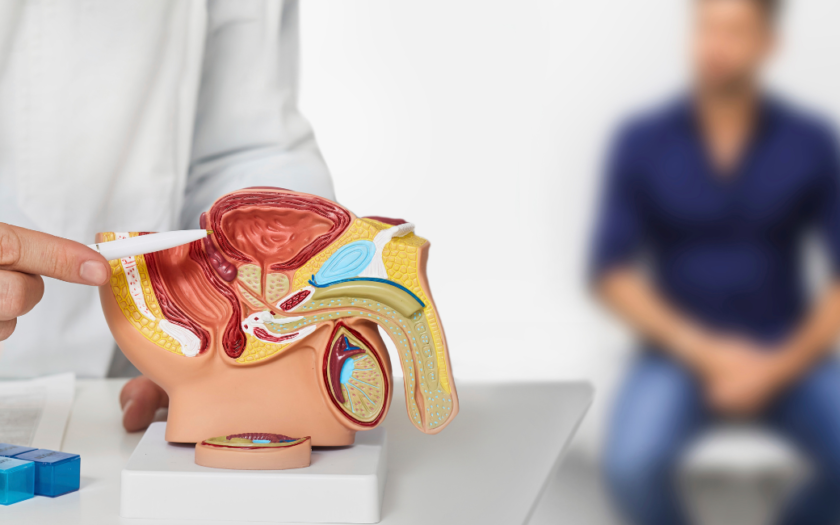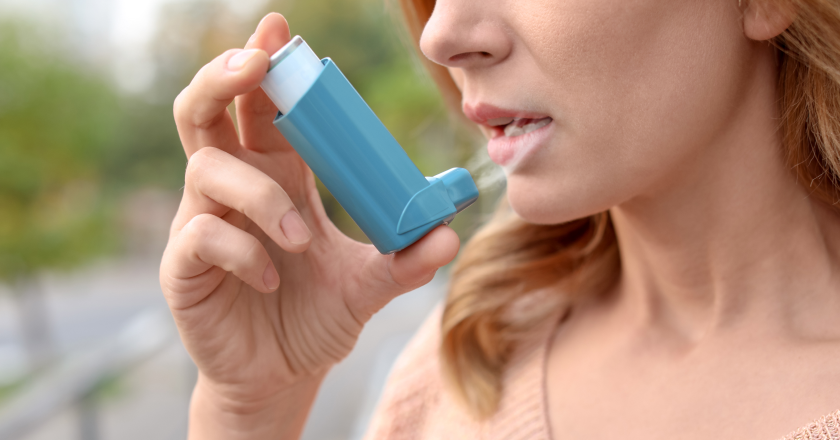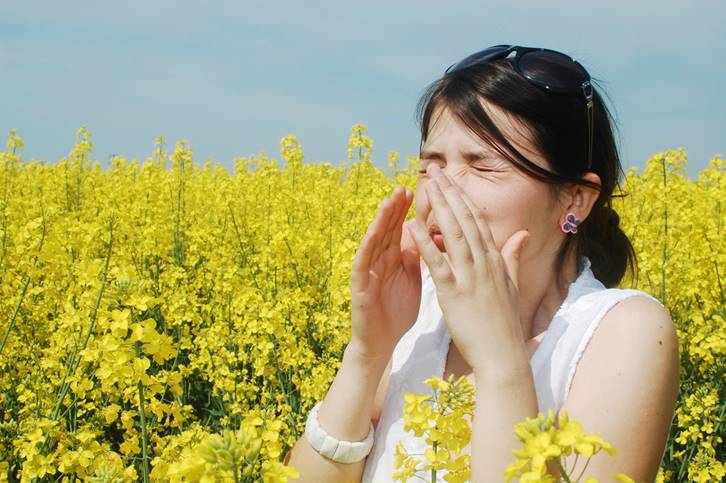Coughing stands as a pivotal protective reflex mechanism inherent to the respiratory system. Primarily, it serves to expel foreign particles, such as dust, pollutants, or irritants, that may have infiltrated the airways during inhalation. Moreover, coughing plays a crucial role in eliminating excess mucus accumulated in the throat and chest, facilitating respiratory hygiene and maintaining airway patency.
Продолжить чтение








